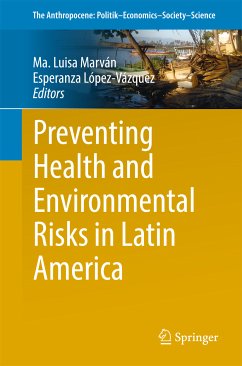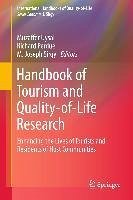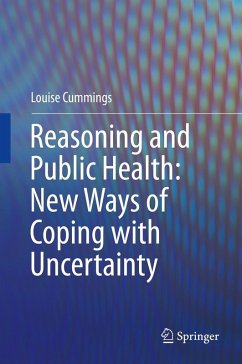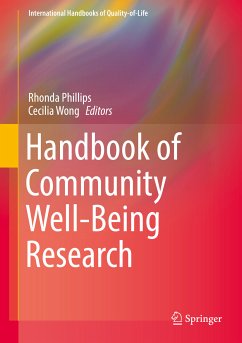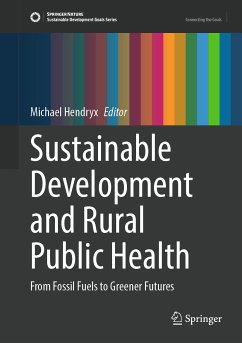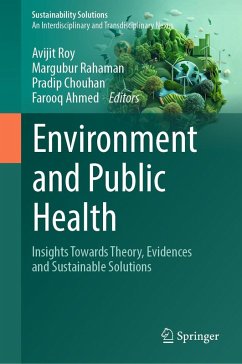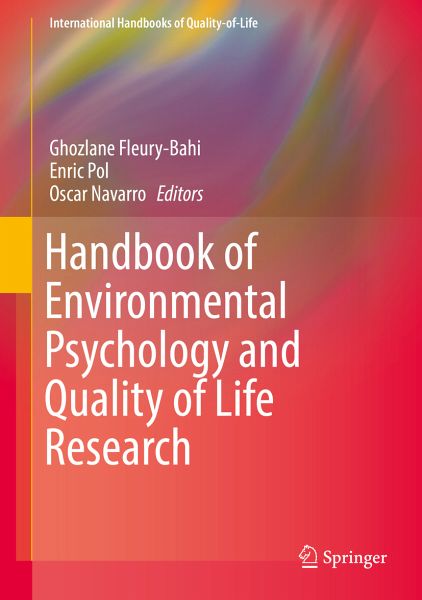
Handbook of Environmental Psychology and Quality of Life Research (eBook, PDF)

PAYBACK Punkte
116 °P sammeln!
This Handbook presents a broad overview of the current research carried out in environmental psychology which puts into perspective quality of life and relationships with living spaces, and shows how this original analytical framework can be used to understand different environmental and societal issues. Adopting an original approach, this Handbook focuses on the links with other specialties in psychology, especially social and health psychology, together with other disciplines such as geography, architecture, sociology, anthropology, urbanism and engineering. Faced with the problems of societ...
This Handbook presents a broad overview of the current research carried out in environmental psychology which puts into perspective quality of life and relationships with living spaces, and shows how this original analytical framework can be used to understand different environmental and societal issues. Adopting an original approach, this Handbook focuses on the links with other specialties in psychology, especially social and health psychology, together with other disciplines such as geography, architecture, sociology, anthropology, urbanism and engineering.
Faced with the problems of society which involve the quality of life of individuals and communities, it is fundamental to consider the relationships an individual has with his different living spaces. This issue of the links between quality of life and environment is becoming increasingly significant with, at a local level, problems resulting from different types of annoyances, such as pollutionand noise, while, at a global level, there is the central question of climate change with its harmful consequences for humans and the planet. How can the impact on well-being of environmental nuisances and threats (for example, natural risks, pollution, and noise) be reduced? How can the quality of life within daily living spaces (home, cities, work environments) be improved? Why is it important to understand the psychological issues of our relationship with the global environment (climatic warming, ecological behaviours)?
This Handbook is intended not only for students of various disciplines (geography, architecture, psychology, town planning, etc.) but also for social decision-makers and players who will find in it both theoretical and methodological perspectives, so that psychological and environmental dimensions can be better taken into account in their working practices.
Dieser Download kann aus rechtlichen Gründen nur mit Rechnungsadresse in A, B, BG, CY, CZ, D, DK, EW, E, FIN, F, GR, HR, H, IRL, I, LT, L, LR, M, NL, PL, P, R, S, SLO, SK ausgeliefert werden.
Alle Preise in Euro und inkl. der gesetzl. MwSt. | Innerhalb Deutschlands liefern wir preisgebundene Bücher versandkostenfrei. Weitere Informationen: bitte hier klicken
Support
Bitte wähle dein Anliegen aus:
Rechnungen
Bestellstatus
Retourenschein
Storno




